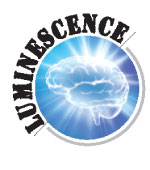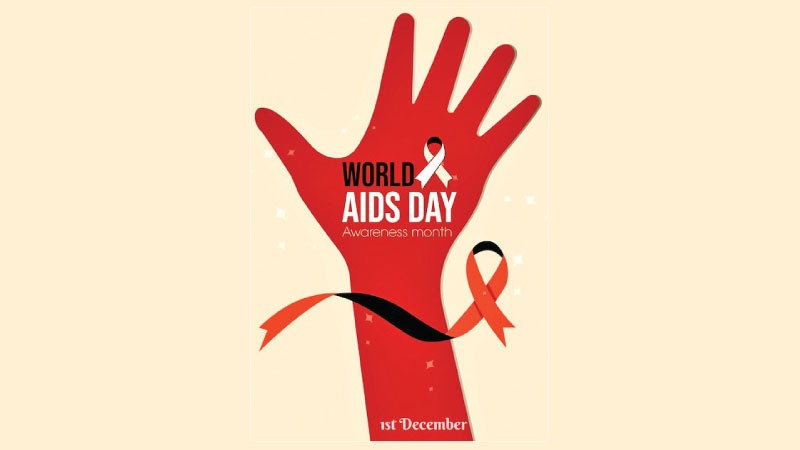 World AIDS Day, observed every December 1st, is not a day of celebration but one of reflection, awareness, and action. It is a time to honour the lives lost to AIDS, support those living with HIV, and, most importantly, educate ourselves and others about the prevention of this global epidemic. For young adults and schoolchildren, understanding the significance of this day is essential for building a future free from the stigma, fear, and spread of HIV.
World AIDS Day, observed every December 1st, is not a day of celebration but one of reflection, awareness, and action. It is a time to honour the lives lost to AIDS, support those living with HIV, and, most importantly, educate ourselves and others about the prevention of this global epidemic. For young adults and schoolchildren, understanding the significance of this day is essential for building a future free from the stigma, fear, and spread of HIV.
HIV (Human Immunodeficiency Virus) is a virus that attacks the immune system, weakening the body’s ability to fight infections and diseases. If left untreated, it can progress to AIDS (Acquired Immunodeficiency Syndrome), a life-threatening condition. Despite advancements in medicine, there is no cure for HIV. However, it can be managed effectively with proper treatment, enabling those living with the virus to lead healthy lives. This is why the saying “prevention is better than cure” holds particular weight when discussing HIV and AIDS.
For younger generations, knowledge is the first line of defense. Education about HIV must go beyond biology and statistics; it must instill a sense of responsibility and compassion. It is important to understand how the virus spreads—through unprotected sexual contact, sharing needles, transfusion of infected blood, or from mother to child during childbirth or breastfeeding—and how it does not spread. Hugging, sharing food, or casual contact poses no risk, and knowing this helps dispel harmful myths and misconceptions.
One of the most effective ways to prevent HIV is through practising safe behaviours. Abstinence, using protection during sexual activity, and avoiding the sharing of needles are critical steps.
Prevention is not solely about individual actions. It requires a collective effort to break the barriers of stigma and discrimination. Many people living with HIV face judgment, isolation, and fear—barriers that discourage them from seeking testing and treatment. As young individuals, you hold the power to change this narrative. By showing kindness and understanding, by treating everyone with dignity, you contribute to a world where seeking help is not a source of shame but a step toward health and hope.
 Equally vital is the role of governments, schools, and communities in ensuring access to education and healthcare. Comprehensive sex education is not just about teaching facts but about empowering young people to make informed decisions. Schools must provide accurate information in a safe environment where questions are welcomed and answered without judgment. Parents and caregivers should also be proactive in having open, honest conversations about health and relationships, fostering trust and understanding.
Equally vital is the role of governments, schools, and communities in ensuring access to education and healthcare. Comprehensive sex education is not just about teaching facts but about empowering young people to make informed decisions. Schools must provide accurate information in a safe environment where questions are welcomed and answered without judgment. Parents and caregivers should also be proactive in having open, honest conversations about health and relationships, fostering trust and understanding.
World AIDS Day is not about dwelling on sadness but about recognising the strength in knowledge, the power of prevention, and the hope for a future without AIDS. For young people, it is a call to action—to educate yourselves and your peers, to advocate for those affected, and to take responsibility for your health and the health of others. The decisions you make today can shape a tomorrow where HIV is no longer a global threat.
Let us remember that prevention starts with awareness and grows through compassion. Each of us has a role to play in building a world where understanding triumphs over ignorance and where the next generation can thrive without fear of HIV. On this World AIDS Day, let us commit to learning, sharing, and acting. Together, we can make prevention more than a principle—we can make it a reality.







